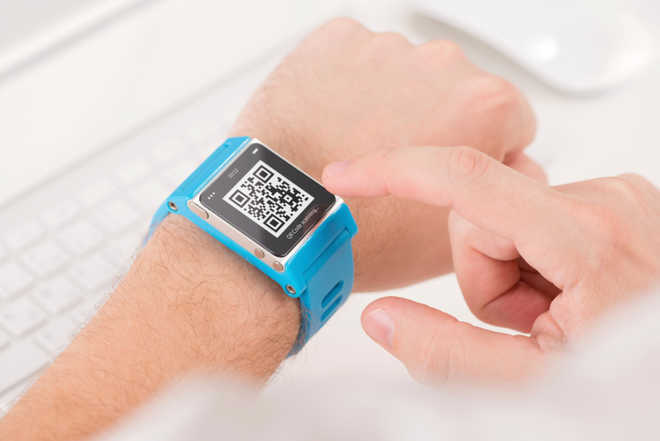Washington
Scientists have developed a new smartwatch with a display that moves in five different directions — dramatically improving functionality and addressing limitations of today’s fixed-face watches.
The watch, named Cito, has the ability to rotate, hinge, translate, rise and orbit.
Beyond making the watches more convenient for users, the technology can provide important benefits to wearers with physical disabilities or other impairments, researchers said.
“Users want smartwatches that fit their lifestyles and needs,” said Xing-Dong Yang, assistant professor at Dartmouth College in the US.
“The Cito prototype is an exciting innovation that could give consumers even more great reasons to wear smartwatches,” said Yang.
Most smartwatch research primarily addresses how users can more easily input information.
Cito aims to remove awkward moments associated with using smartwatches by improving how the device presents data to the wearer.
Examples of watch movement include automatically orbiting around the wristband to allow viewing when the wrist is facing away from the user; rising to alert the wearer of a notification if the user is playing a game; hinging to allow a companion to view the watch face; and translating to reveal the watch face from underneath a shirt sleeve.
“Consumers will question the need for smartwatches if the devices are just not convenient enough. Cito proves the true potential of smartwatches and shows that they can be functional and fun,” said Yang.
The five watch face movements can be performed independently or combined.
“We recognise that our work investigates a radical idea, but our hope is that we also show how a methodical and principled approach can explore any such radical visions,” researchers said.
In developing the prototype, researchers conducted two separate studies to confirm the usefulness, social acceptability and perceived comfort of different watch movements and usage contexts.




 Driving Naari Programme launched in Chandigarh
Driving Naari Programme launched in Chandigarh































